Talk Overview
In his first lecture, Dan Littman discusses the opposing roles of Th17 cells. They protect mucosal surfaces from infection with bacteria and fungi, but they can also cause autoimmune inflammation. Using a mouse model of autoimmunity called experimental autoimmune encephalomyelitis (EAE), Littman and his lab have shown that there are two types of Th17 cells. Non-pathogenic Th17 cells are induced by the microbiota and protect barrier surfaces, while pathogenic Th17 cells are induced by the presence of IL-23, likely the result of inflammation elsewhere in the body. Both types Th17 cells secrete the cytokines IL-17A, IL-17F and IL-22, however, pathogenic Th17 cells also secrete interferon gamma (IFNγ) which induces further inflammation and autoimmune disease. In the last 10 years, several classes of innate lymphoid cells have been found to share similar cytokine profiles to T helper cells and these cells appear to be another important layer in protecting surfaces in the gut and lung from infection.
In his second talk, Littman explains that different commensal microbes in our gut elicit different T cell responses – either pathogenic or non-pathogenic. His lab is beginning to identify the pathogens and decipher the pathways that determines the host T cell response. This research has important clinical relevance since a cancer patient’s microbiota may help determine their response to chemotherapy and immunotherapy. Microbiota that induce non-pathogenic Th17 cells and regulatory T cells are protective against autoimmunity but may decrease anti-tumor immunity, while microbiota that contribute to autoimmunity may enhance anti-tumor T cell responses.
Speaker Bio
Dan Littman
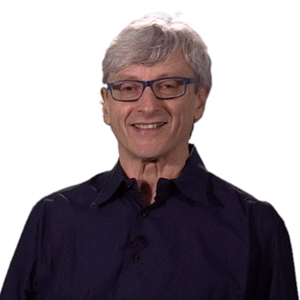
Dan Littman is the Helen and Martin Kimmel Professor of Molecular Immunology in the Skirball Institute of Biomolecular Medicine and in the Departments of Pathology and Microbiology of the New York University School of Medicine. He is also an Investigator of the Howard Hughes Medical Institute. Littman discovered the excitement of science while he was… Continue Reading
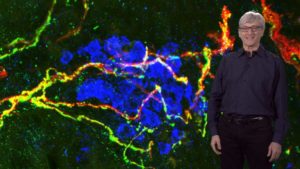
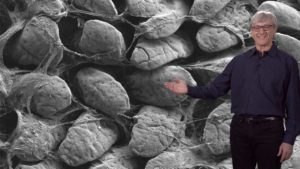
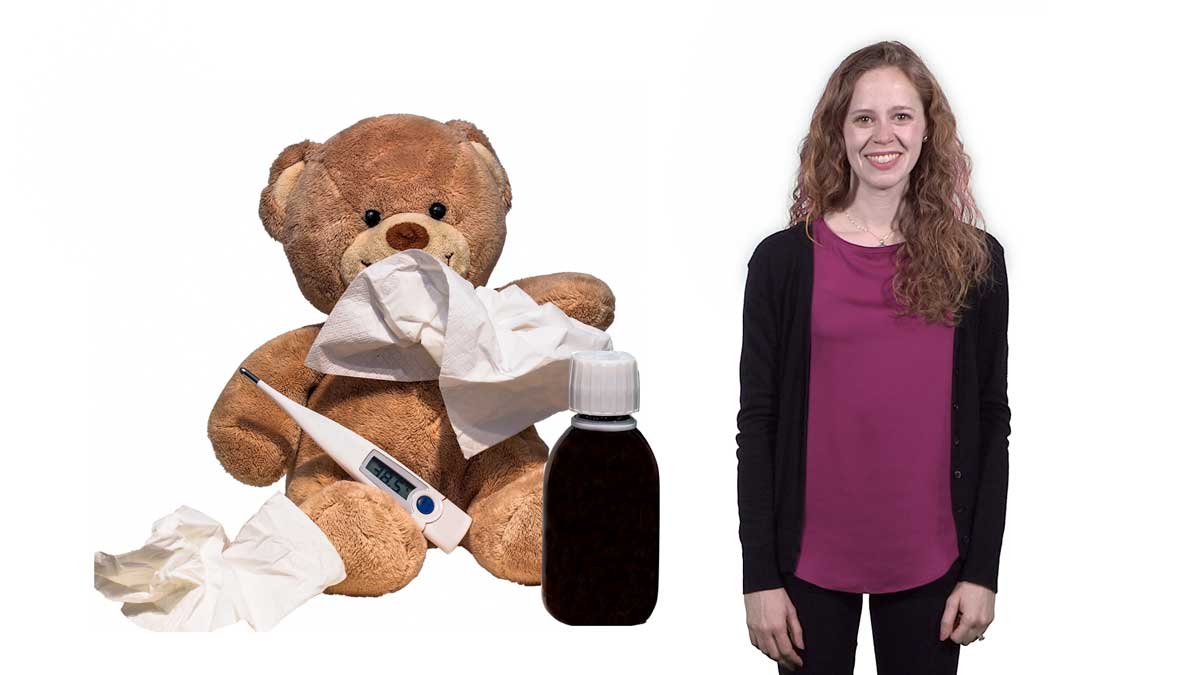
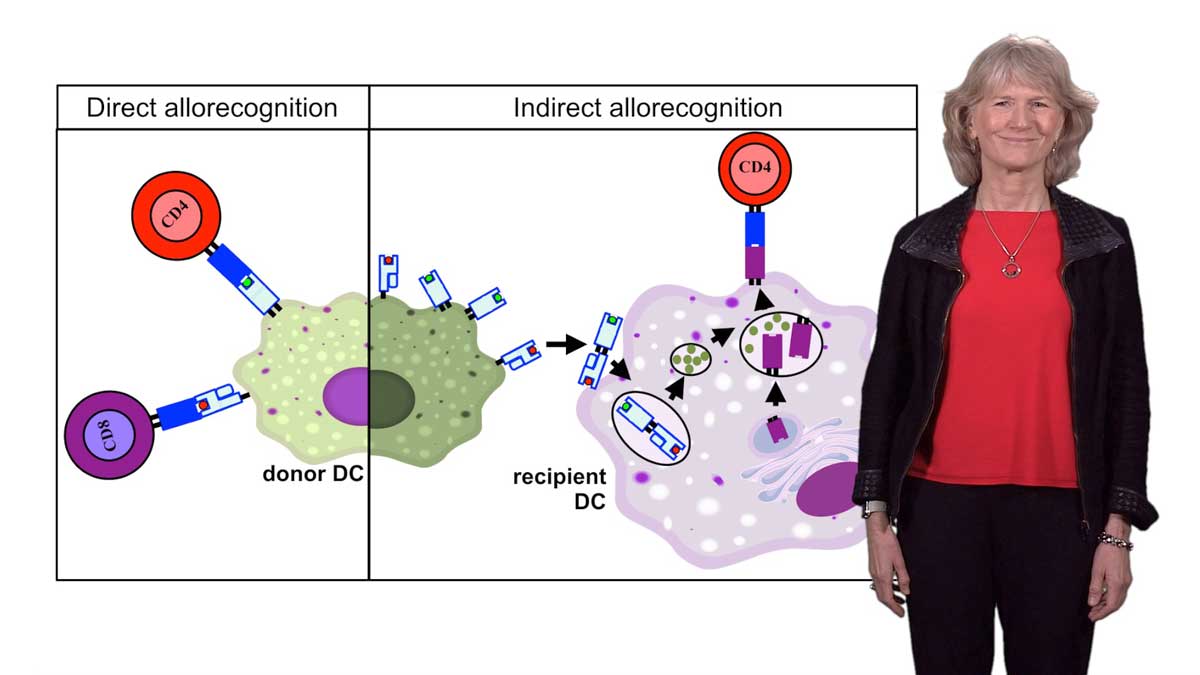
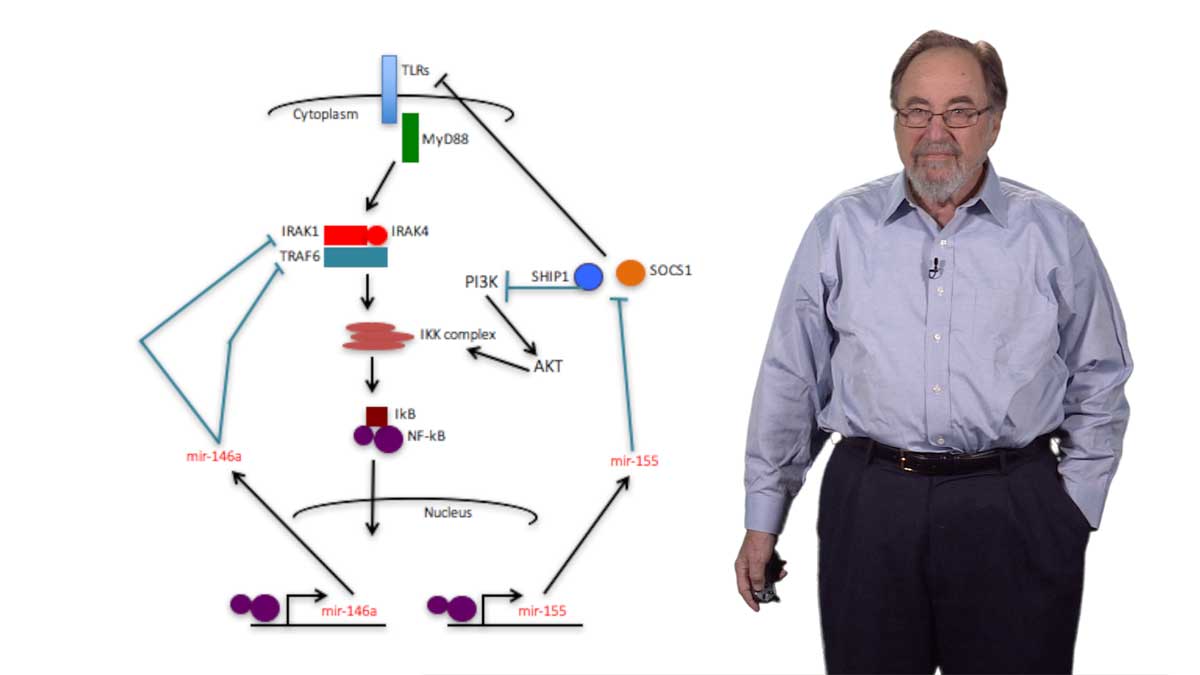
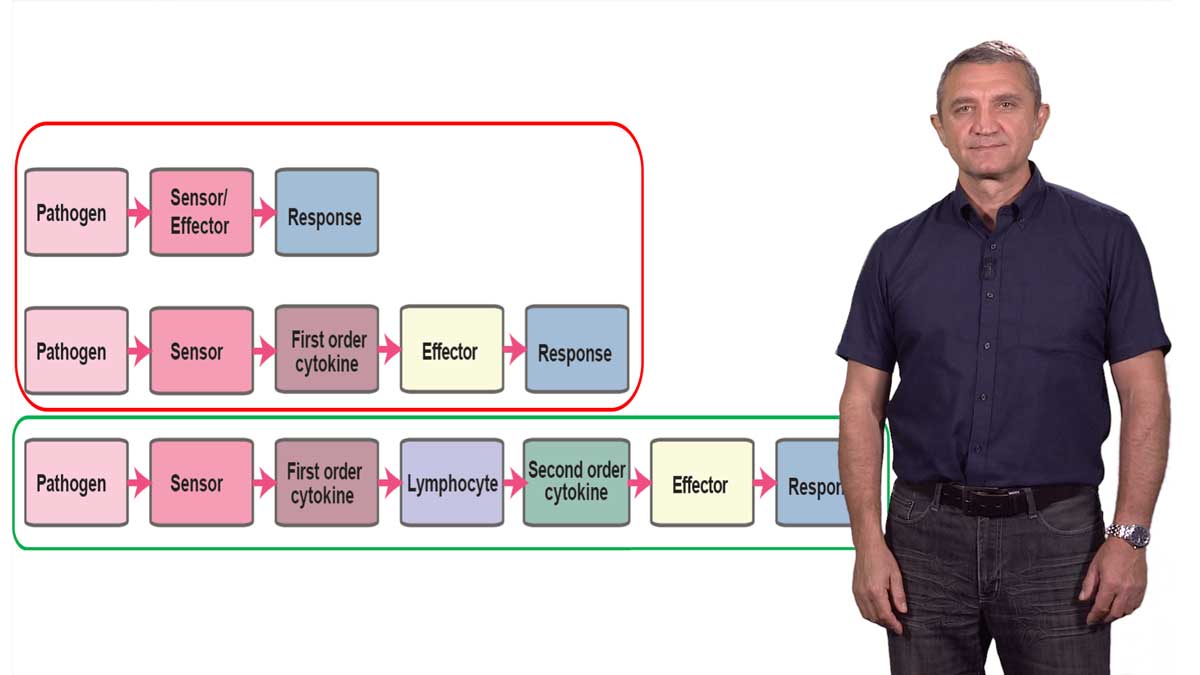





Hongwei Gao says
Thanks a lot. I learn a lot. I will persistently concern your video.